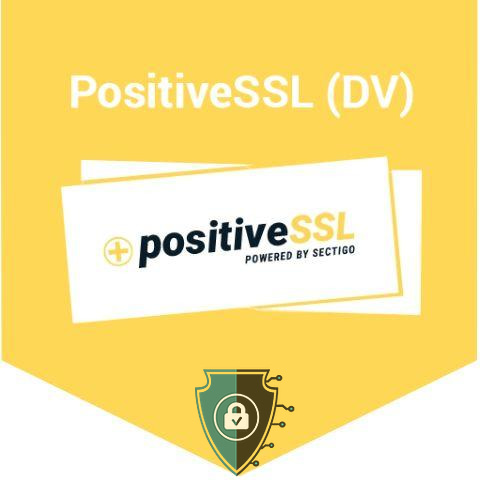In today’s digital landscape, website security is not a luxury—it’s a necessity. As cyber threats continue to evolve, and consumers become more security-conscious, businesses must prioritize safeguarding their online assets. In this comprehensive guide, we’ll delve into the core of website security: SSL certificates. We’ll also explore additional web security solutions that work in tandem with SSL to provide a robust defense against threats.
1. The Role of SSL Certificates in Securing Online Communications
SSL certificates serve as the bedrock of website security. They ensure that data exchanged between users’ browsers and your web server is encrypted, guaranteeing data privacy and building trust. The familiar padlock icon in the browser’s address bar signifies a secure connection.
2. A Comparison of SSL Certificate Providers
In the ever-expanding realm of SSL certificate providers, selecting the right one is a critical decision. We offer a range of trusted providers, each with its unique features and benefits.
- Digicert: A global leader in digital security solutions, renowned for excellence in security.
- Sectigo (formerly Comodo): A prominent name in the world of website security, known for robust protection.
- GeoTrust: A dependable choice for building trust with website visitors.
- Thawte: A trusted SSL certificate provider with a global reputation.
- RapidSSL: An affordable and speedy solution for website security.
The choice of SSL certificate provider depends on your specific security needs and the level of trust you aim to instill in your website visitors.
3. Importance of Regular Website Scans and Protection
SSL certificates are just the beginning of website security. To comprehensively secure your website, consider additional web security solutions like:
- SiteLock: Comprehensive website security solutions that encompass malware scanning, vulnerability detection, and automatic threat removal.
Regular website scans are vital to identify and eliminate any security vulnerabilities or malware that could compromise your website’s integrity.
4. Data Backup and Recovery Solutions
In the event of data loss or security breaches, data backup and recovery solutions are invaluable.
- CodeGuard: A reliable backup and recovery service ensuring your website data remains safe and can be quickly restored.
Data loss can be devastating. CodeGuard ensures that you can recover your website’s data quickly, minimizing downtime and potential data loss.
5. Building Trust and Credibility
Building trust with your website visitors is essential.
- TrustedSite: Trust badges that enhance your website’s credibility, fostering trust with visitors and increasing conversions.
Trust badges are a visible sign of your commitment to security and integrity, which can significantly impact user trust and engagement.
6. Continuous Monitoring and Threat Detection
For continuous monitoring and threat detection, consider:
- cWatch by Comodo: A holistic website security solution offering continuous monitoring, malware detection, and protection against cyber threats.
The digital landscape is constantly evolving, and cyber threats are becoming more sophisticated. cWatch ensures that your website is continuously monitored, and threats are detected and mitigated in real-time.
By integrating these web security solutions with SSL certificates, you’ll fortify your website’s security, protect against various online threats, and inspire confidence in your users.
Conclusion
In 2023, website security is not negotiable—it’s mandatory. SSL certificates form the bedrock of secure online communication. To create a robust security strategy, complement SSL with web security solutions like SiteLock, CodeGuard, TrustedSite, and cWatch. These tools fortify your online presence, ensuring your website remains safe and trustworthy. Ready to enhance your website security in 2023? Explore our range of SSL certificates and web security solutions to get started on the path to a more secure and trusted online presence.
Related Products
-
Comodo
PositiveSSL (DV)
₹1,450.00/year Select options This product has multiple variants. The options may be chosen on the product page
